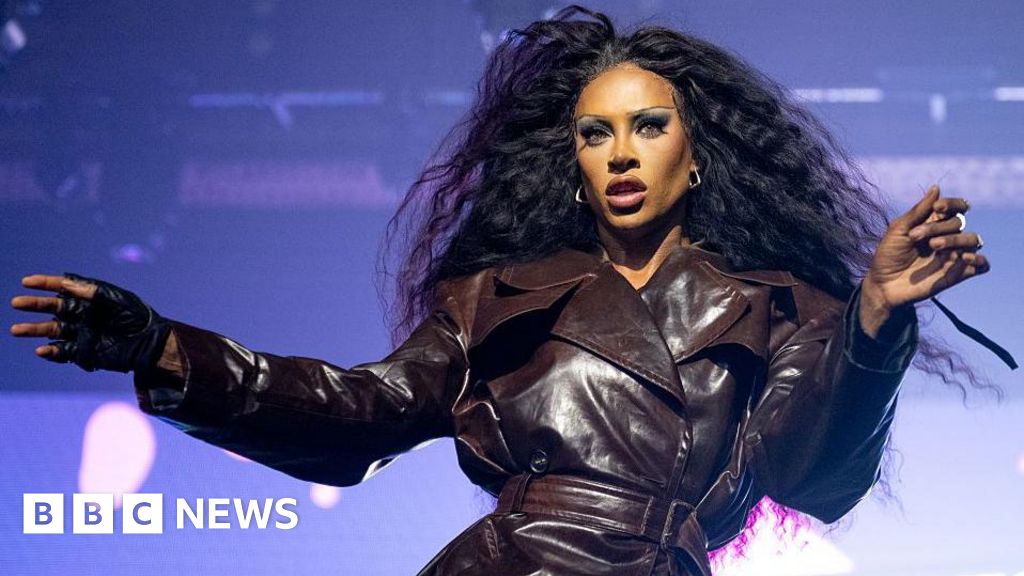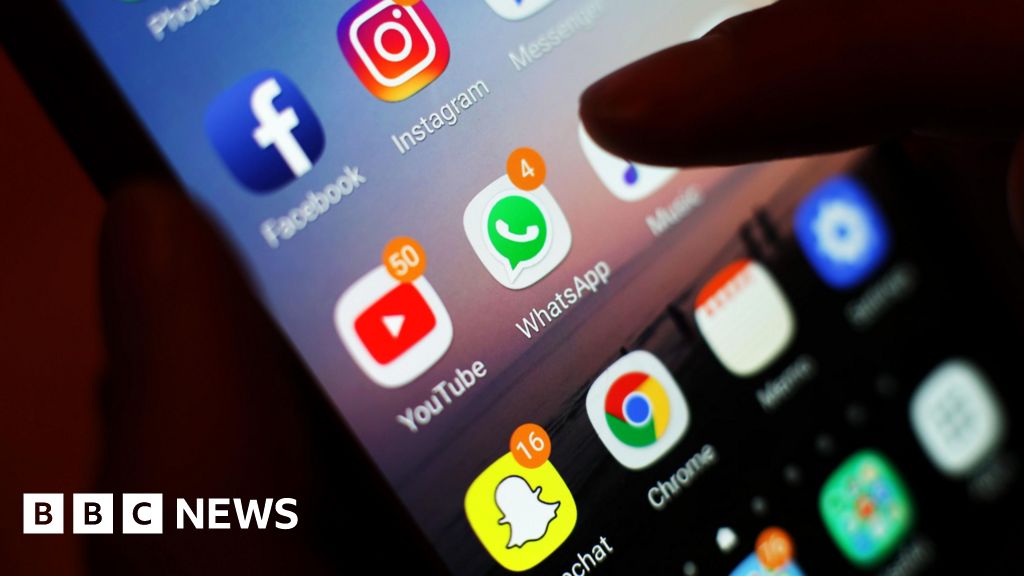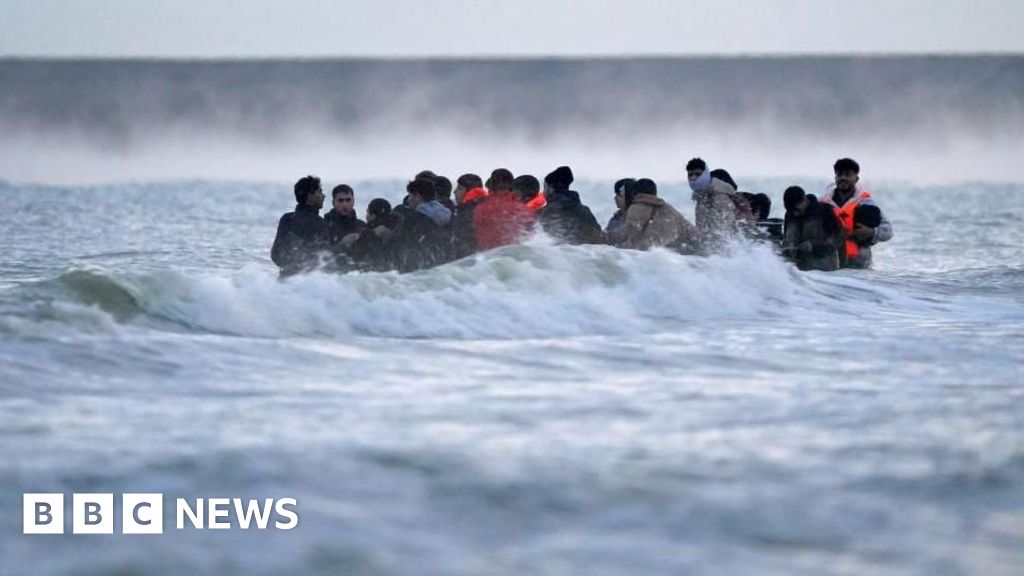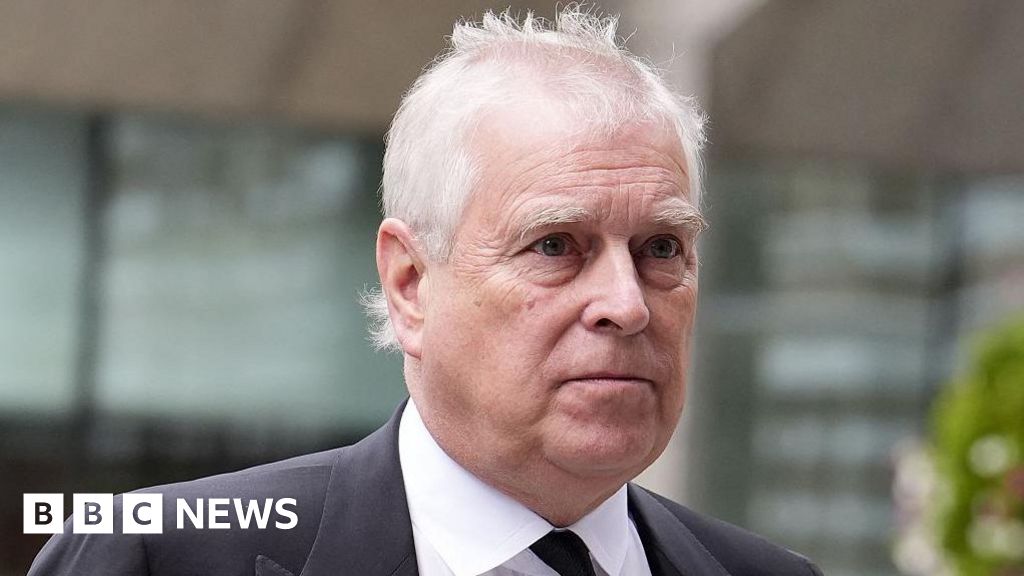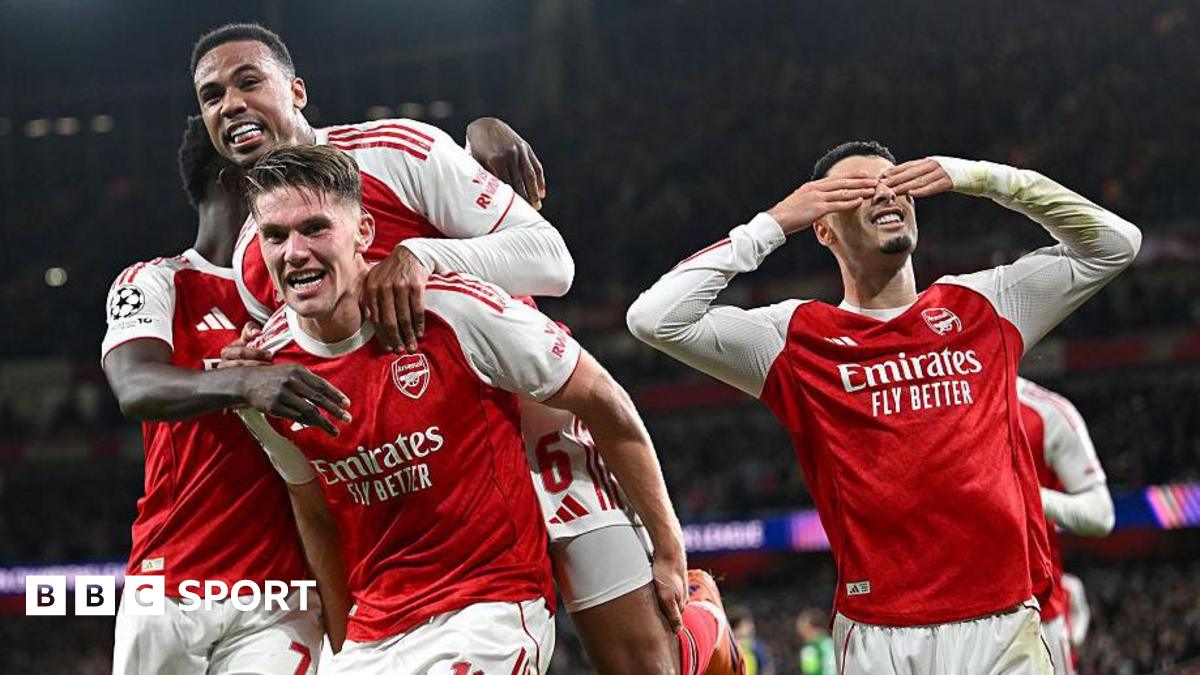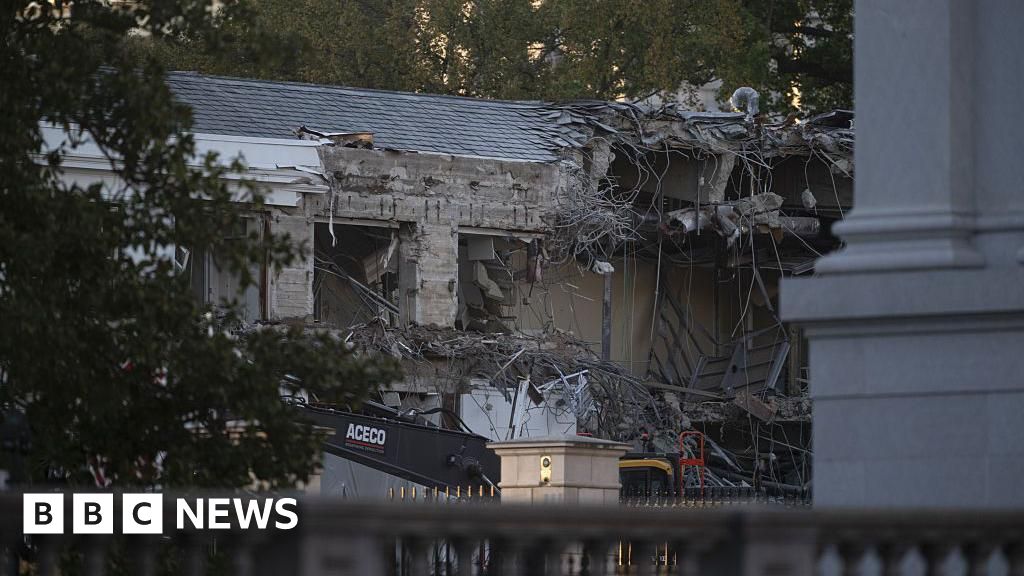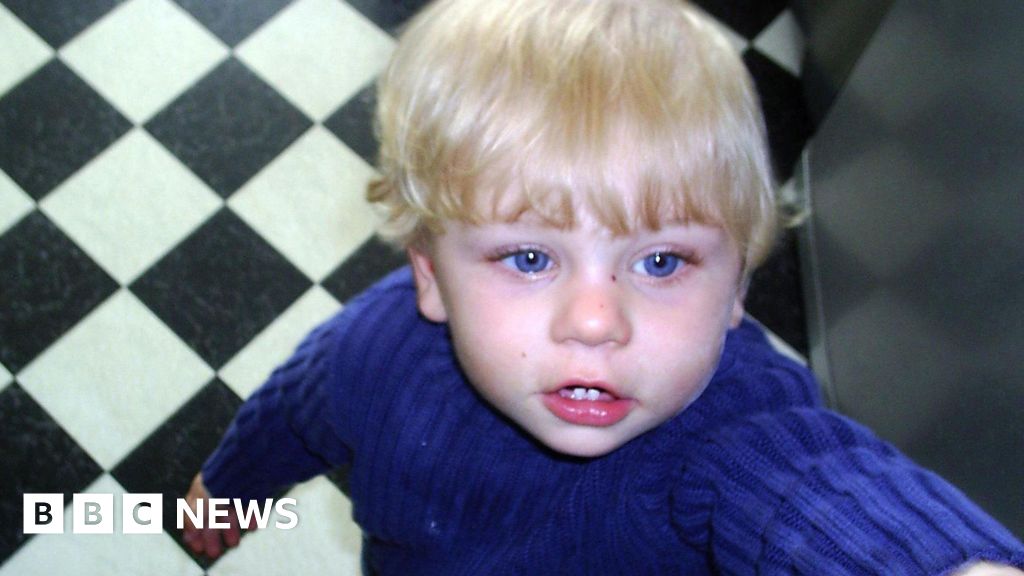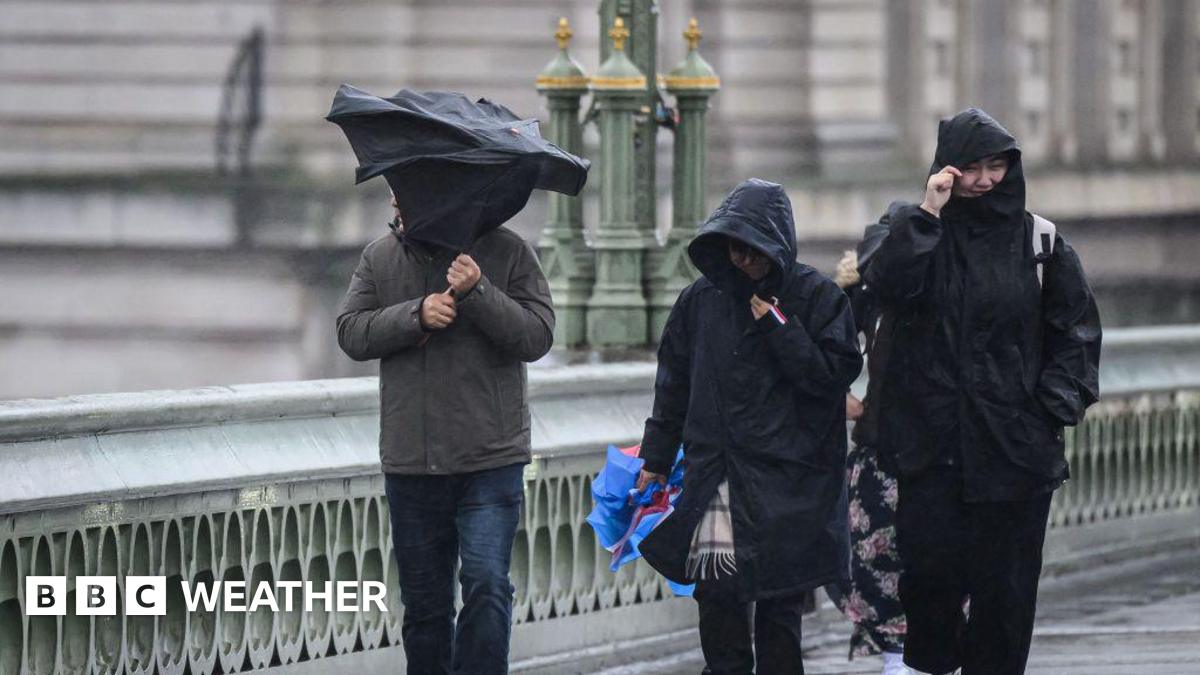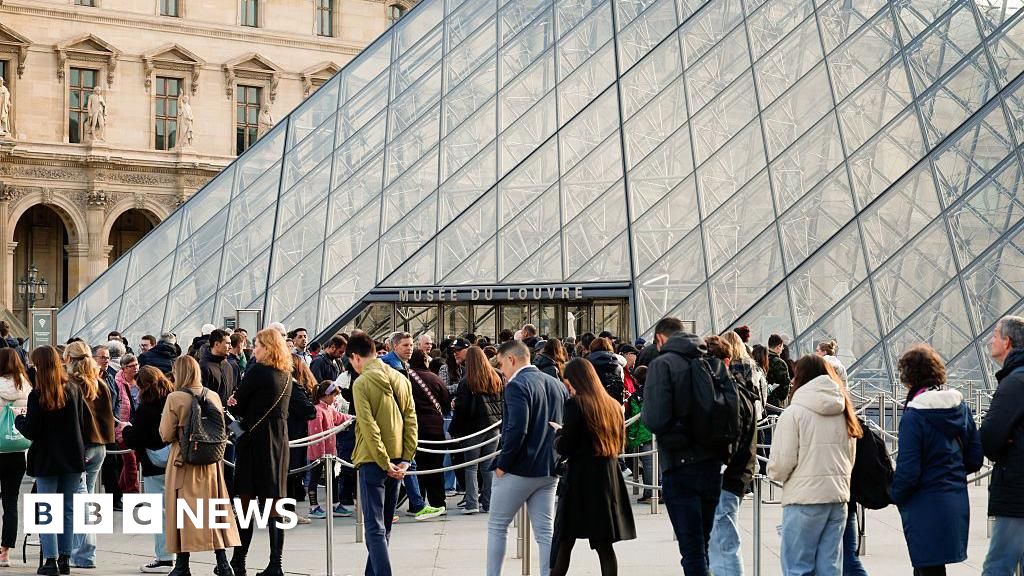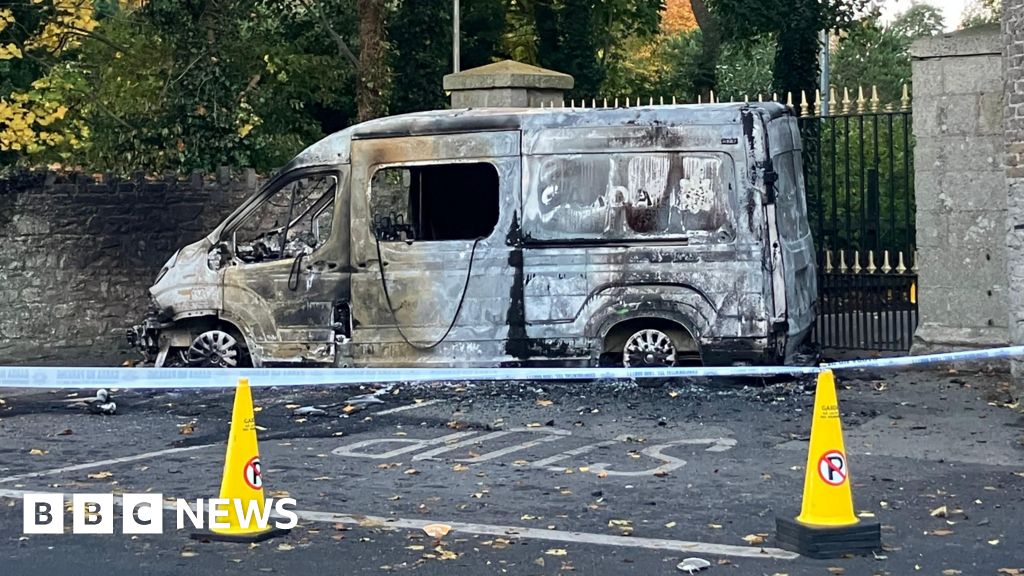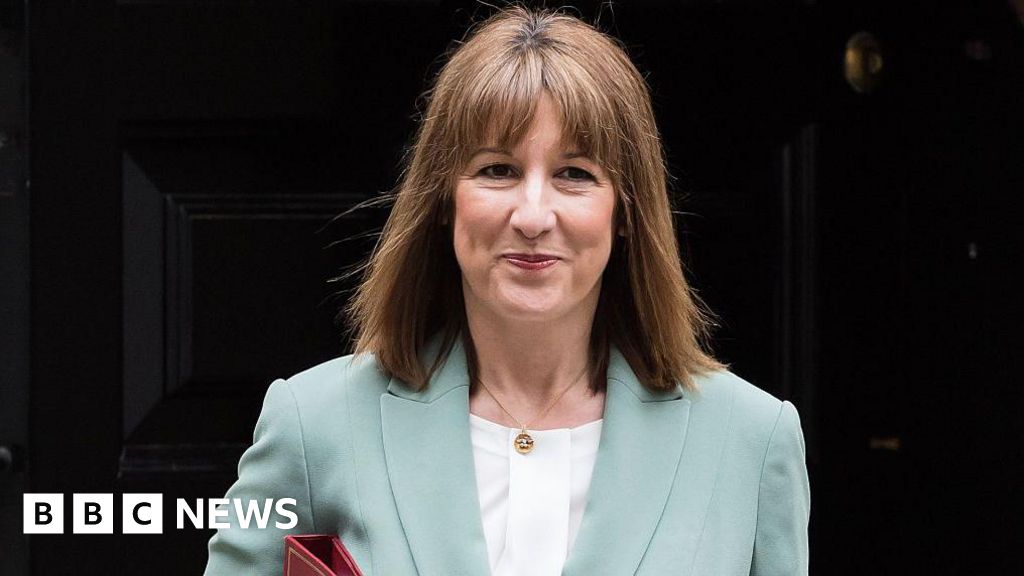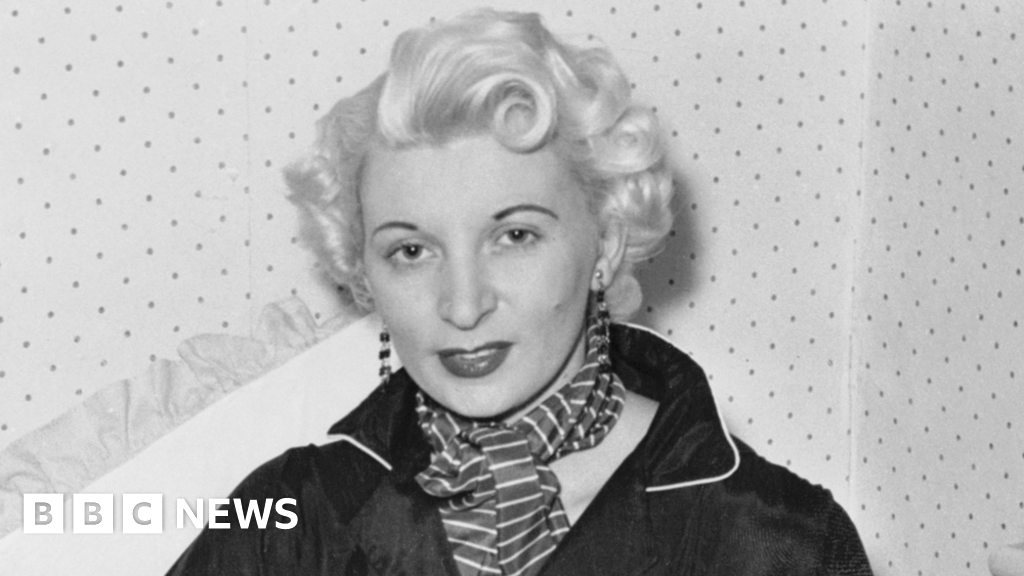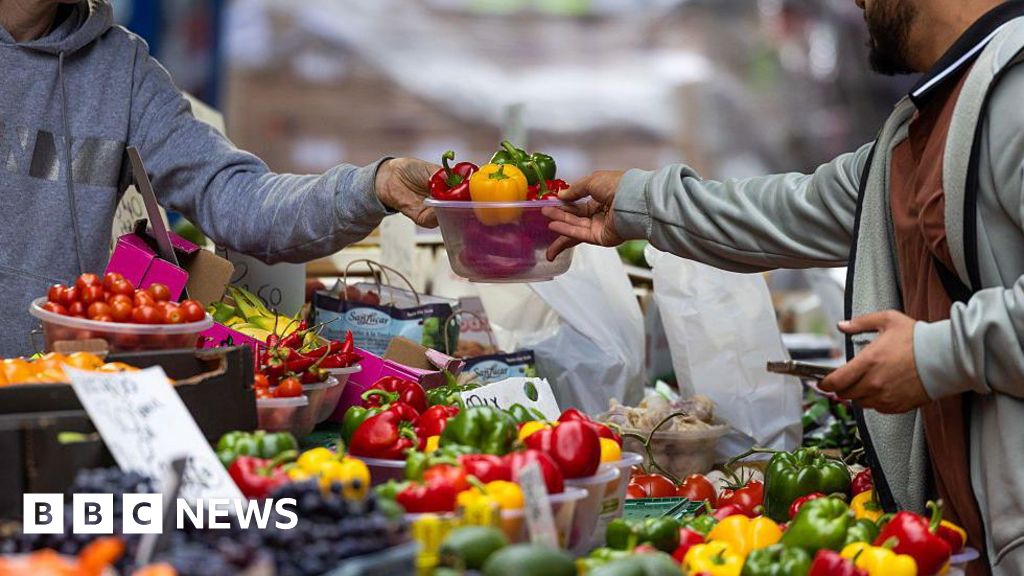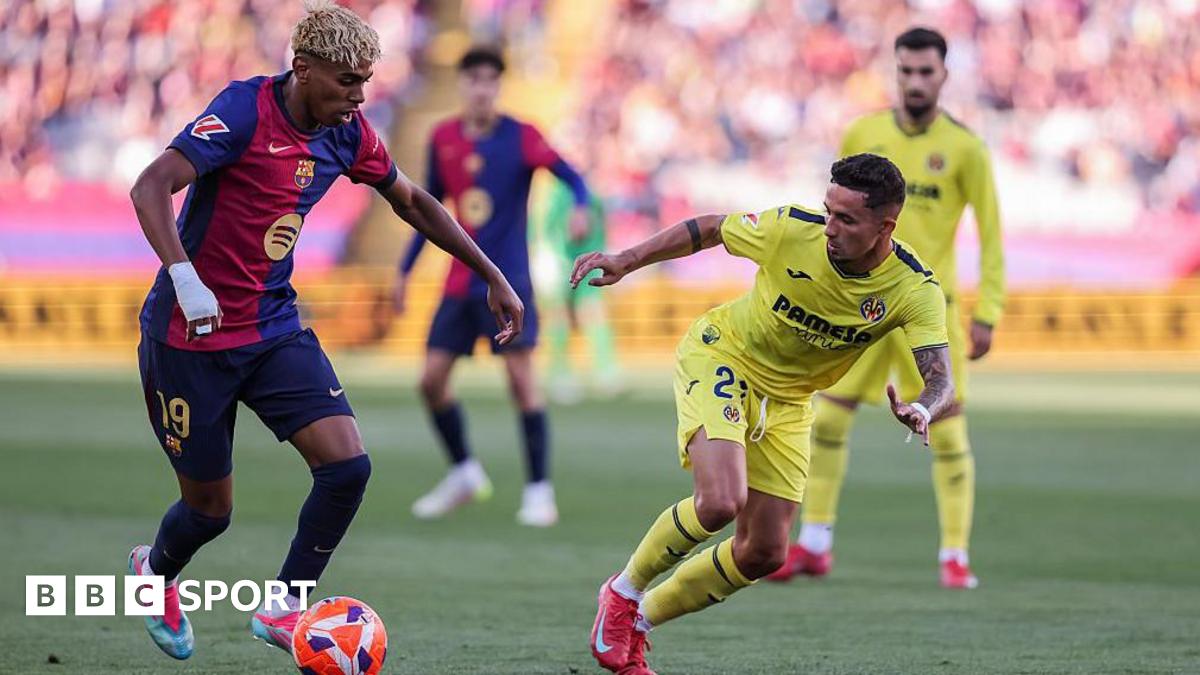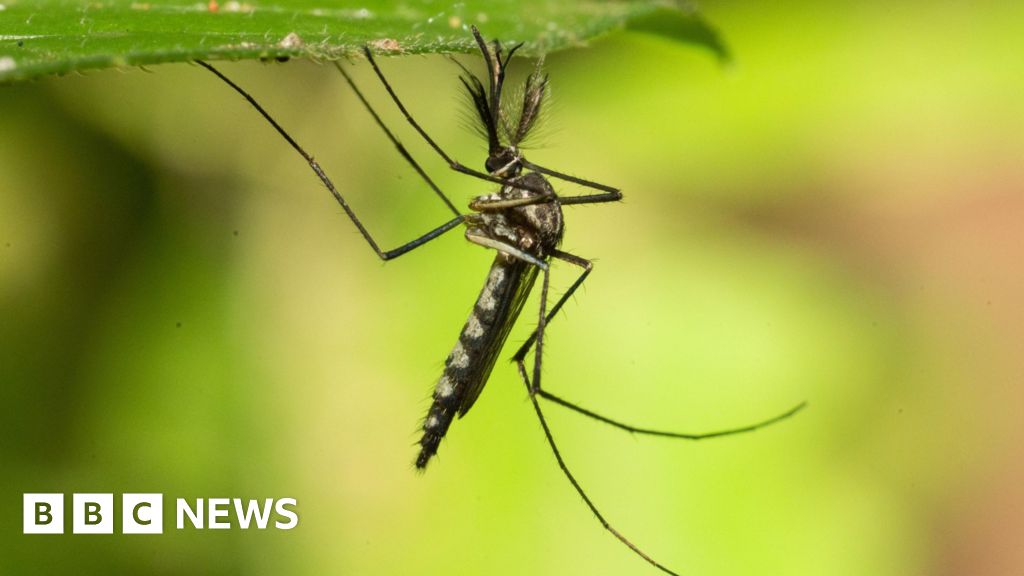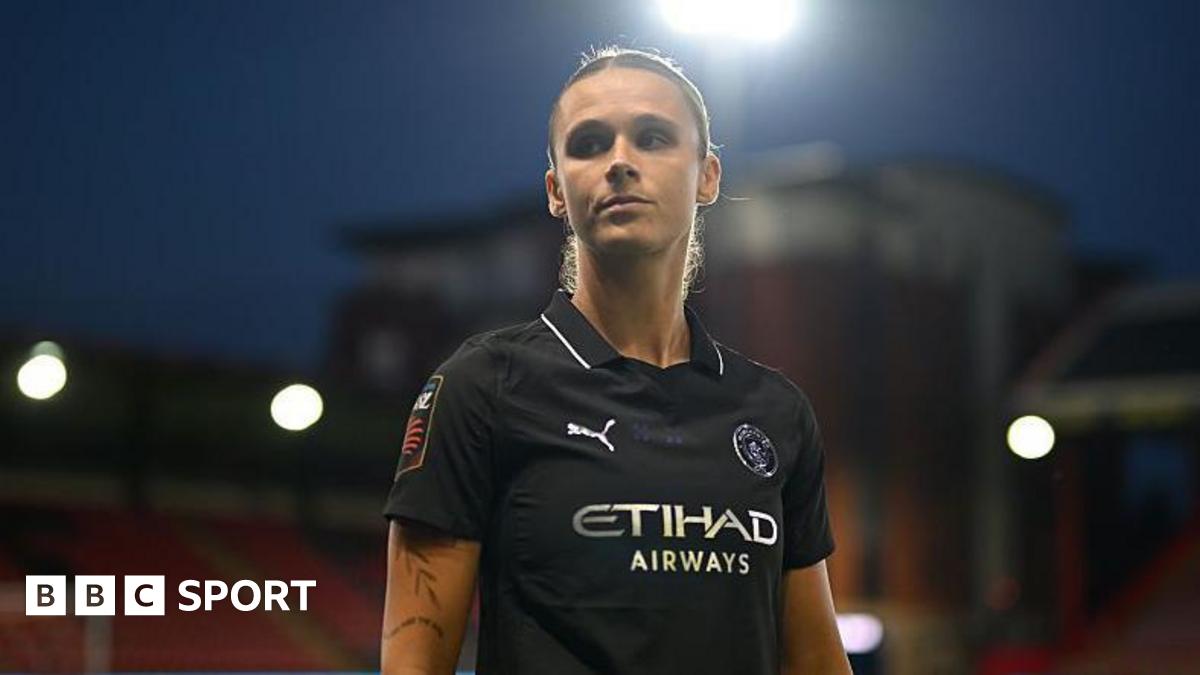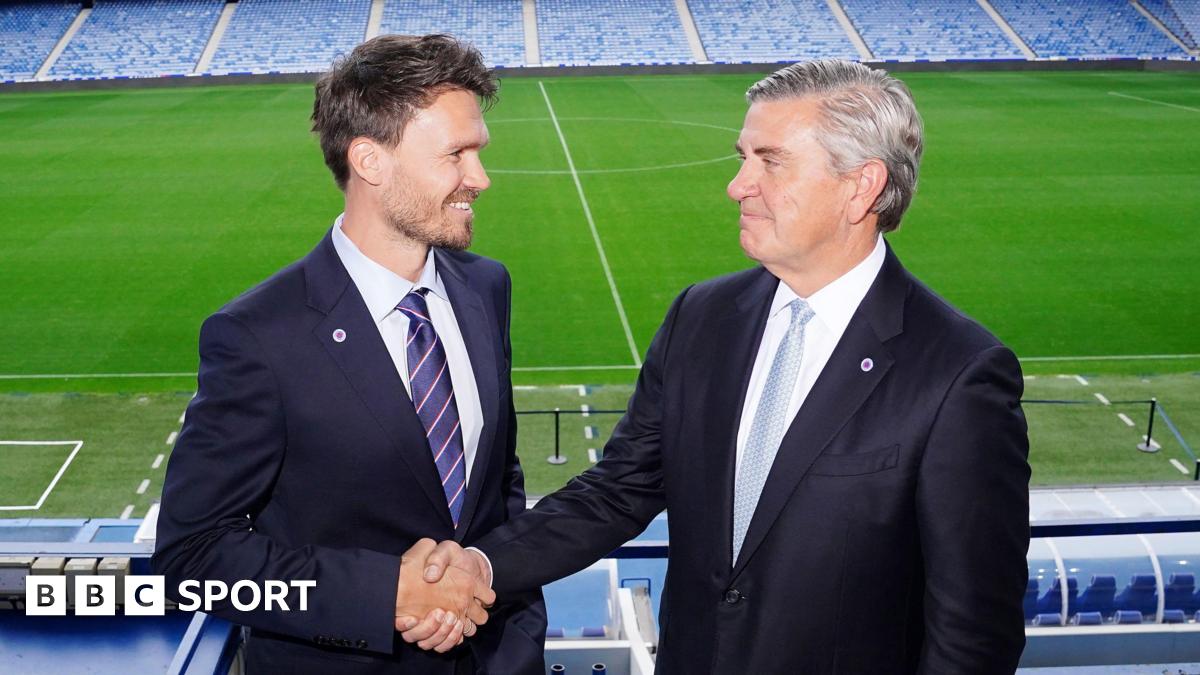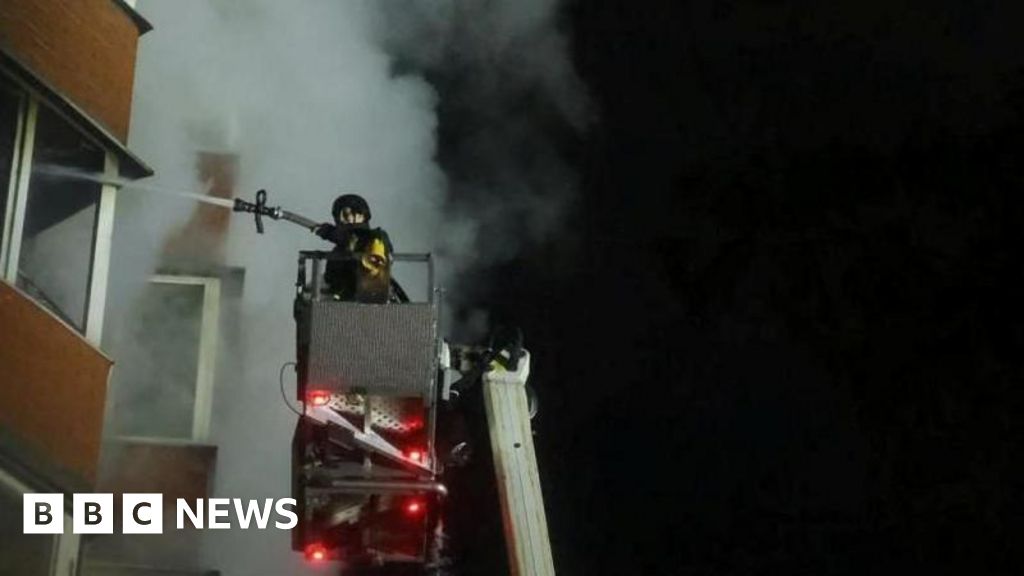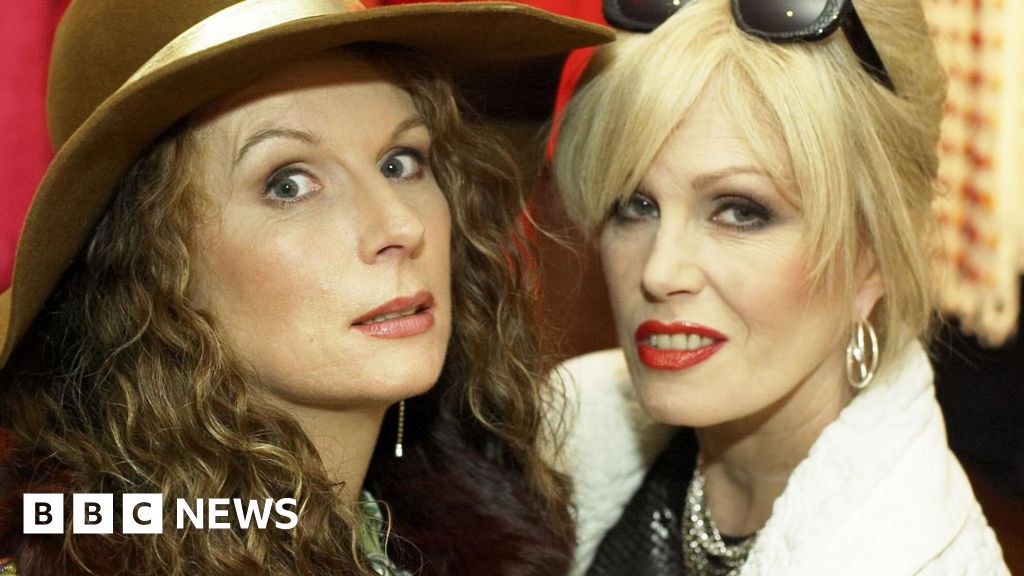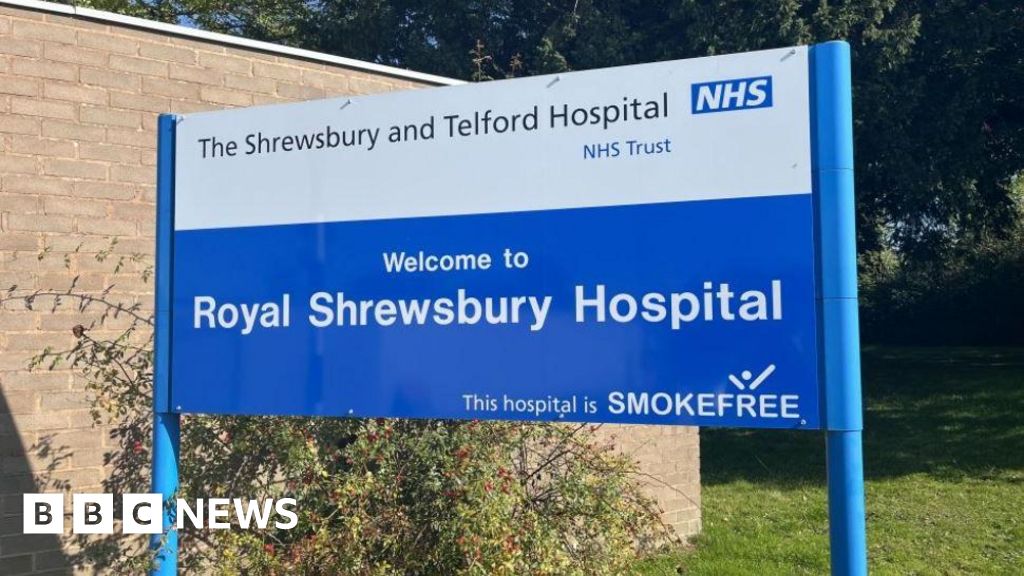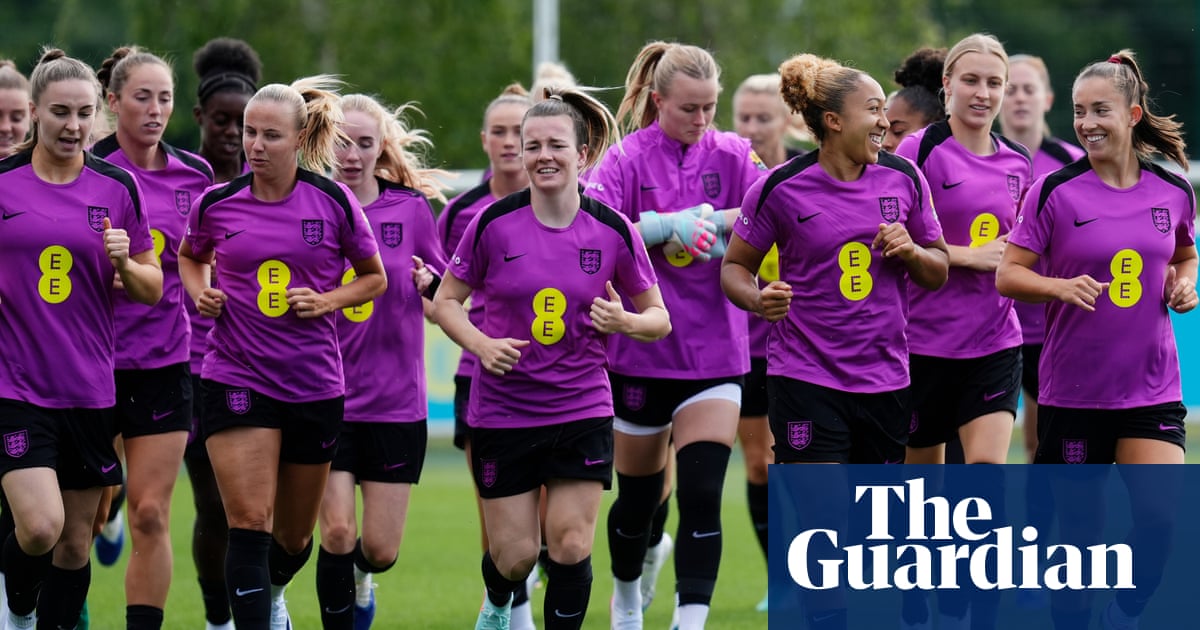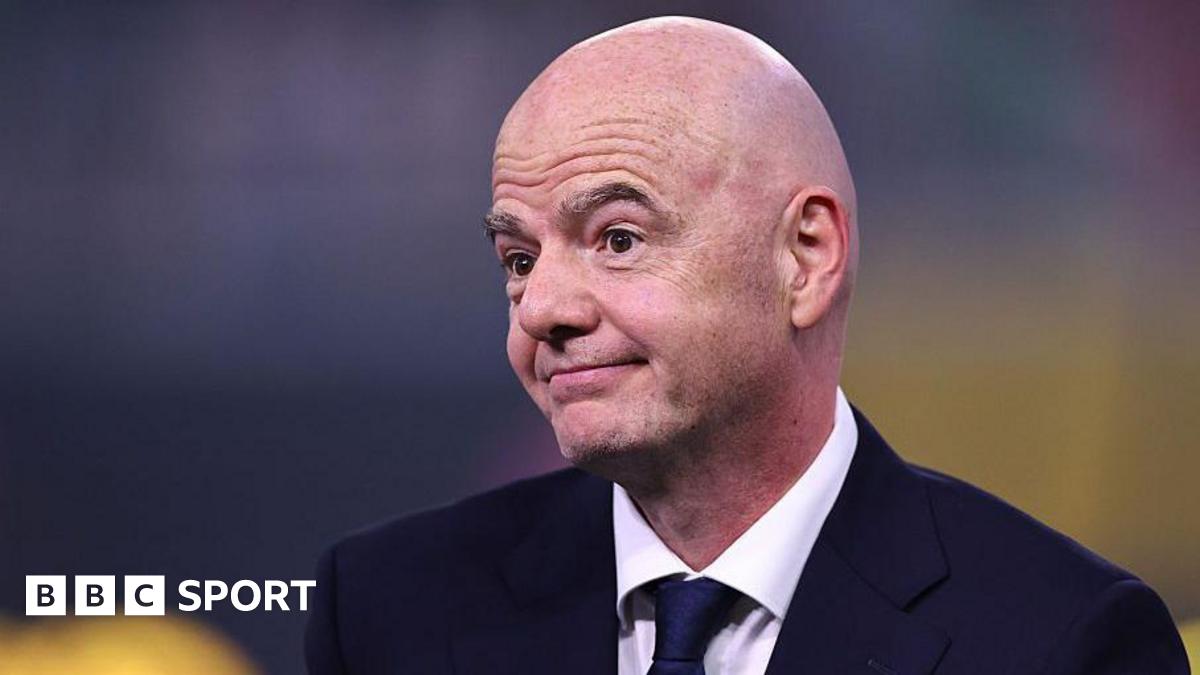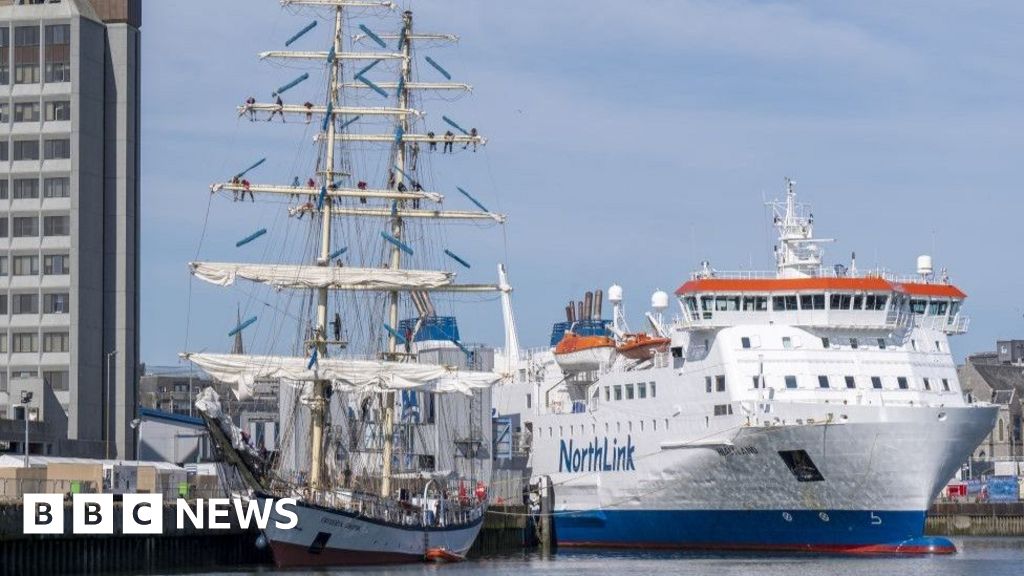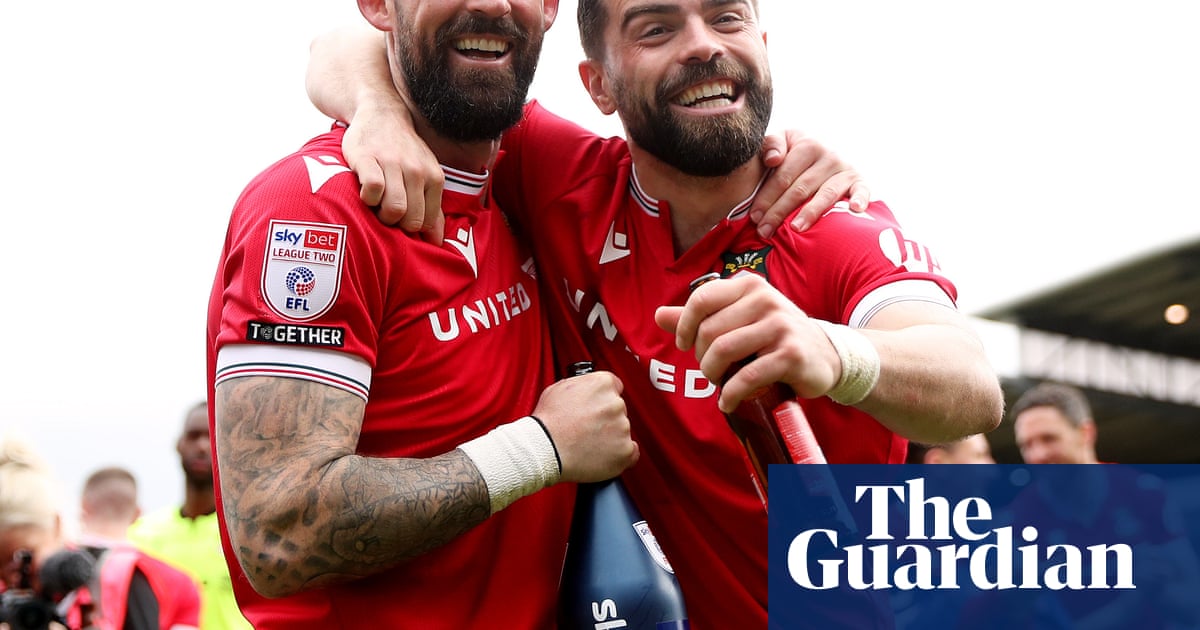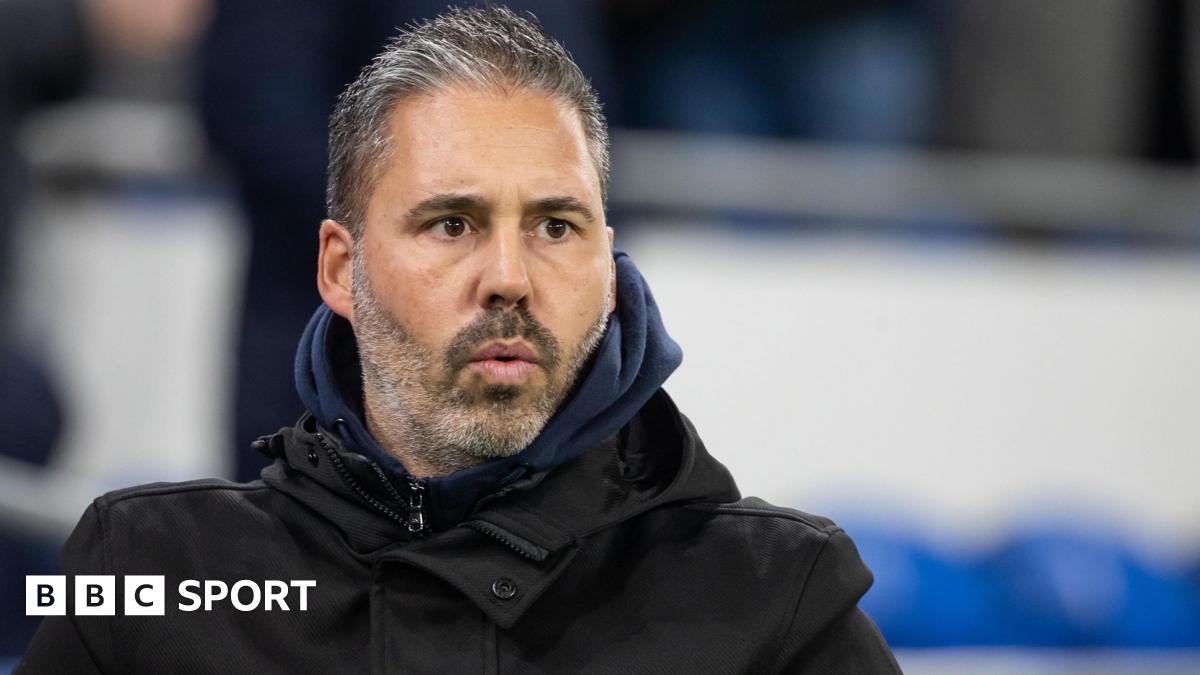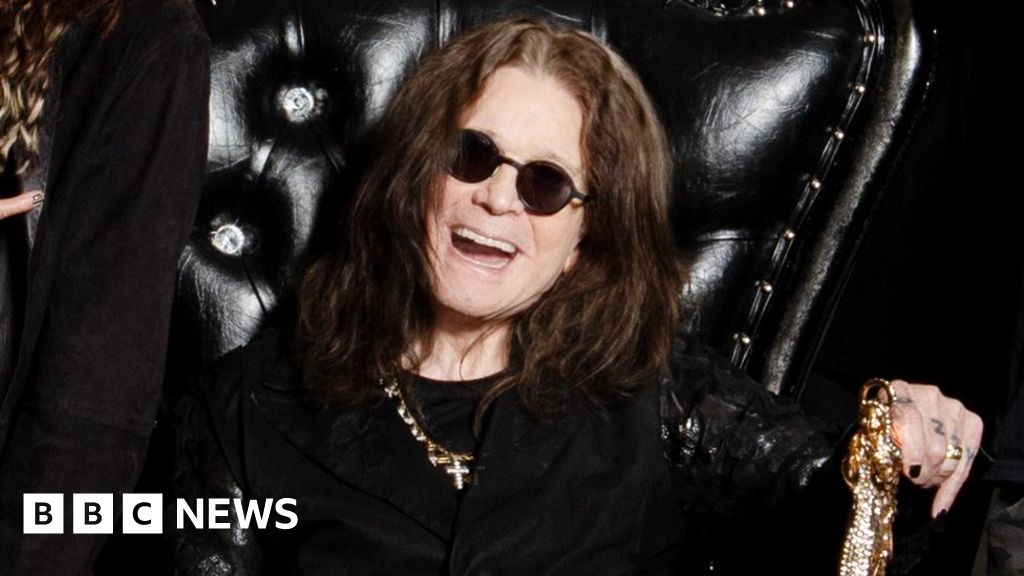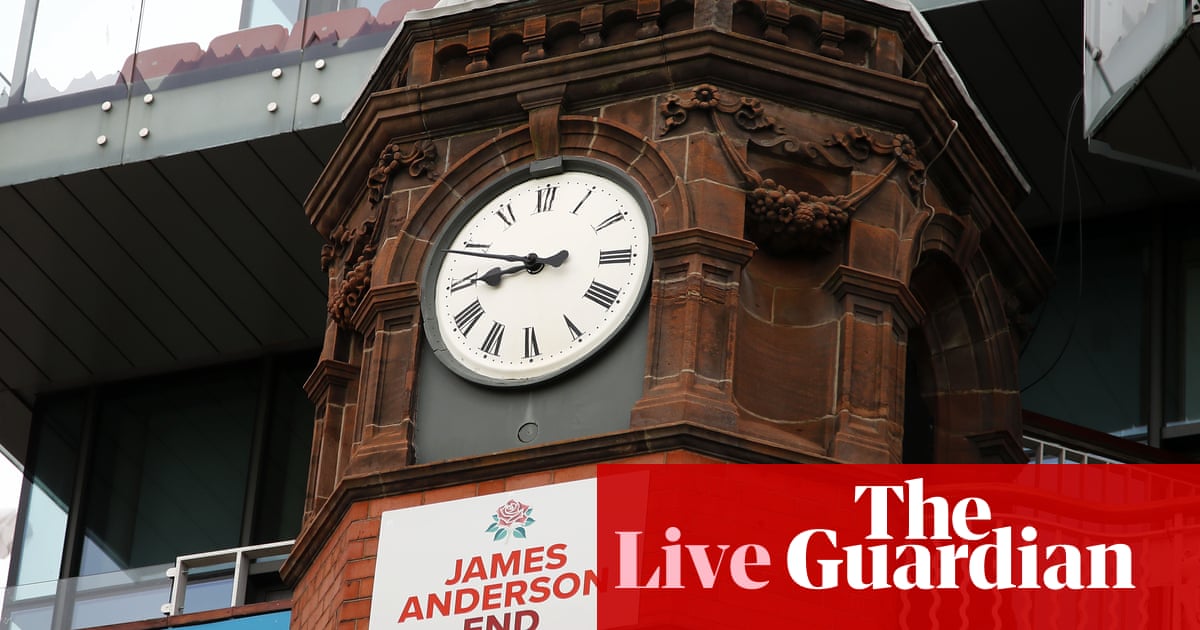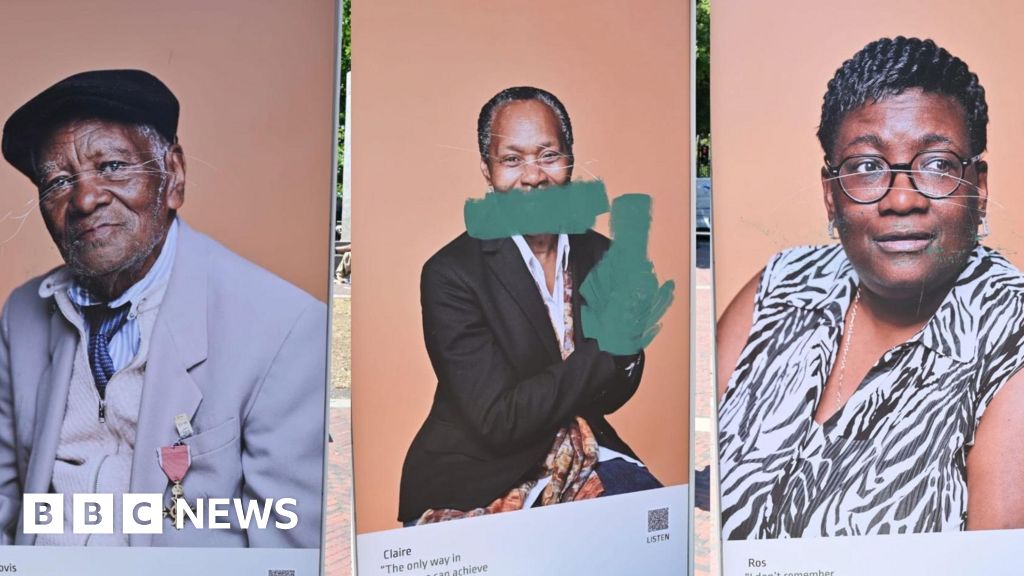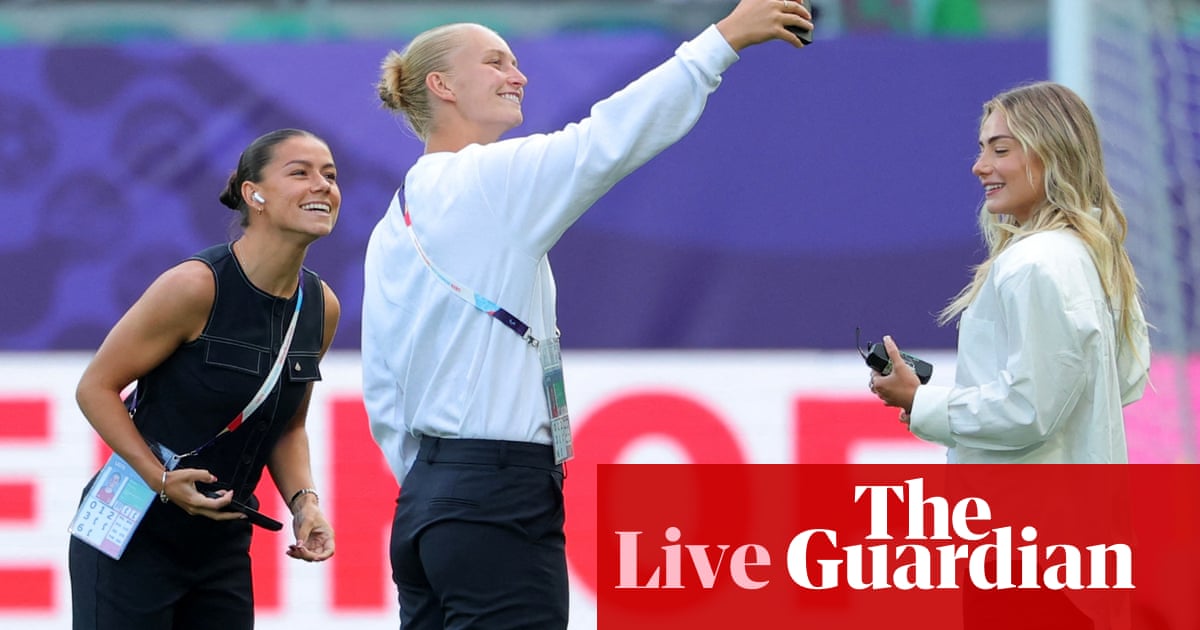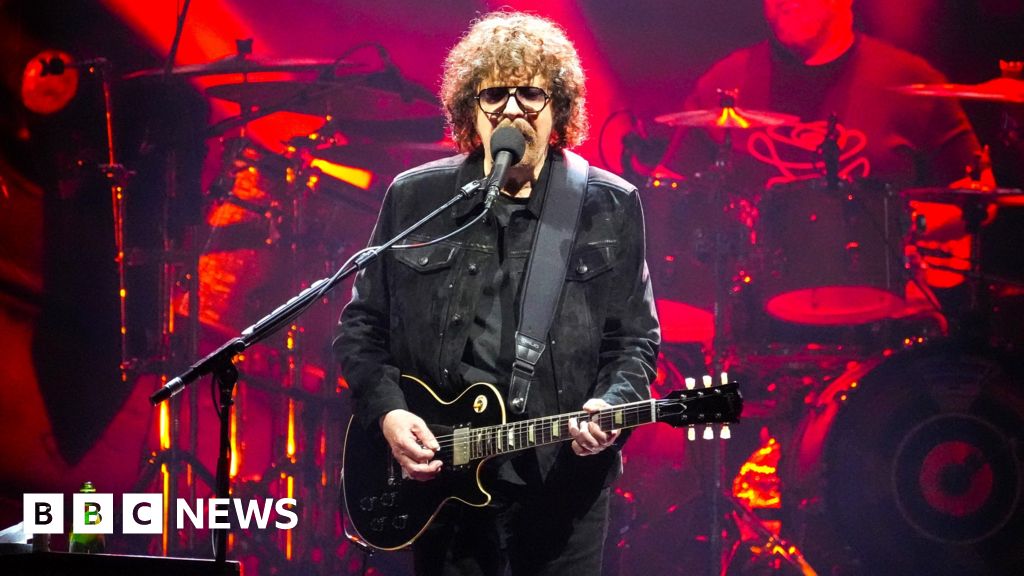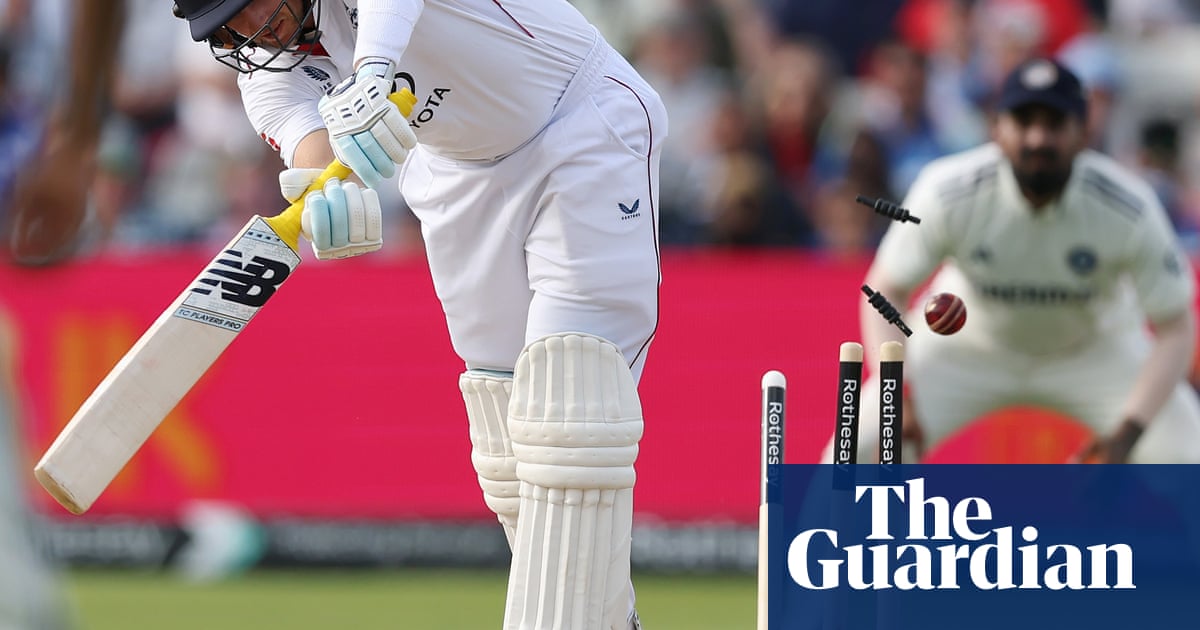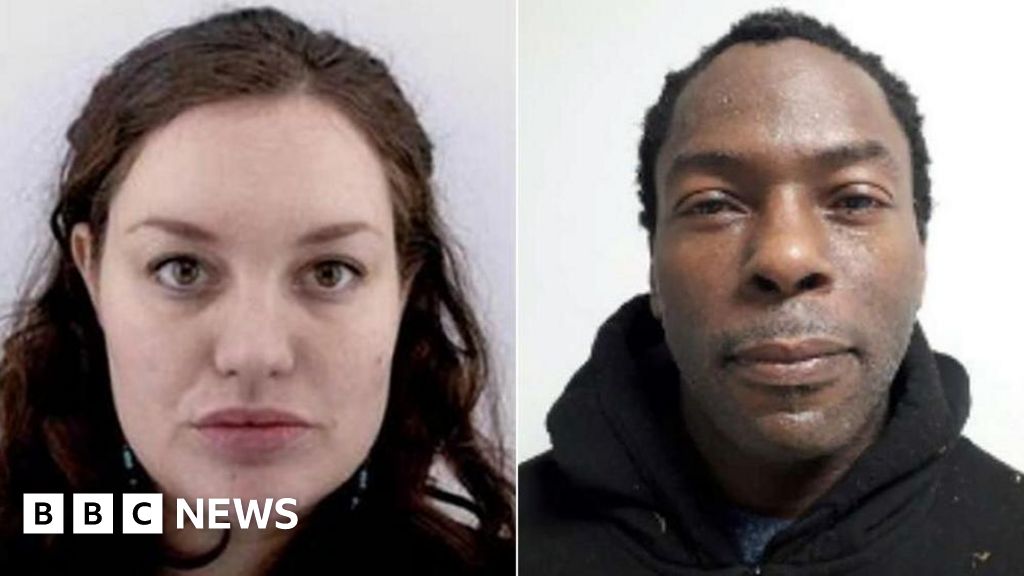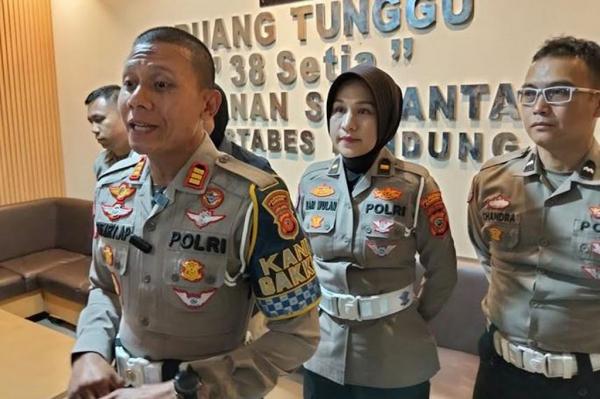Sima Kotechasenior UK correspondent and Myranda Mowafi

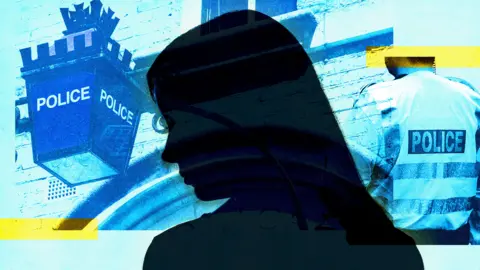 BBC
BBC
More than 300 people have contacted the BBC with allegations of racism, corruption and bullying of victims by police after a Panorama undercover investigation.
The secret filming over seven months revealed evidence of racism, misogyny and officers revelling in the use of force at one of London's busiest police stations.
One of the main themes among the hundreds of people getting in touch was misogyny when they reported domestic abuse and sexual violence - with some saying reporting their rape to police "was like being raped again".
In response to the latest allegations, the National Police Chiefs' Council (NPCC) said it was "working hard to build a culture based on integrity and trust" and improving vetting and misconduct procedures.
We have spoken to many of the women who contacted us with stories of mistreatment, whose experiences span police forces across England - from rural counties to big cities. We have changed their names to protect their identities.
A police officer allegedly told Joanna to "grow a pair" when she reported being punched in the face by her partner several months ago, she told us.
Her partner had been drinking excessively when he returned home and angrily attacked her, she says. She found herself at the local police station in tears.
"I was devastated and the police made it 10 times worse. My face had a bruise from the punch and one of the officers looked at me as if I was exaggerating the whole thing," she said.
"He told me to grow a pair... followed by a chuckle. I couldn't believe what I was hearing. It took so much to go there in the first place and then I wished I hadn't."
One woman was motivated to get in touch with the BBC by a scene Panorama filmed of a Metropolitan Police officer being dismissive of a pregnant woman's allegations of rape and domestic violence. The officer said of her account to a colleague: "That's what she says."
Ava was also pregnant when she fled her abusive partner, who she says repeatedly raped and hit her. She said the treatment and attitude of the officers she met that night meant she would never turn to the police in future.
She said she was devastated that they did not believe her, telling her that "nobody gets raped more than once".
"It was like being raped all over again," she said. "What they put me through was worse than what I was going through before".
Sgt Joe McIlvenny was filmed dismissing an alleged rape victim's testimony
Ava says evidence that would have supported her case was "willfully ignored" and she was told that without CCTV evidence of an attack, "it is just your word against his".
She believes being a black woman made matters worse.
"The colour of my skin meant everything was stacked against me. The language they used and how dismissive and mocking they were, was both misogynist and racist," she said.
"They asked why I thought he was doing it to me - as if I was the problem, as if I'd brought it all on myself."
Policing Minister Sarah Jones told the BBC that the government would not tolerate these "sickening comments" and urged people to report them.
She said police chiefs had been given new powers to dismiss officers who commit gross misconduct. "We will root out those unfit to serve the public," she said.
Another woman, Claire, told us how she escaped her abusive former partner, who had coercively controlled her for 12 years, only to find that police did not want to get involved when he breached court orders to stay away from her.
On one occasion, her former partner entered her home and locked her out, despite an injunction banning him from the property.
She said it took the police more than seven hours to arrive and then "they just stood laughing and chatting with him". She and her three children ended up having to stay with a friend for months.
"I felt even more afraid and more isolated after speaking to the police. It's a boys' club - a network across police stations, police forces and county lines," Claire said.
"I would never call the police and I still worry he'll find me and show up."

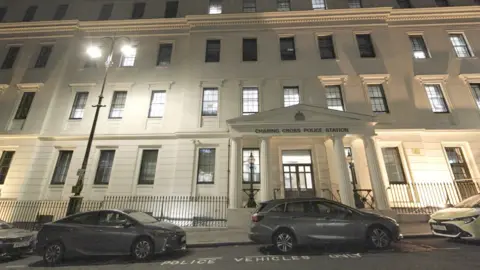 Getty Images
Getty Images
Charing Cross station was the focus of the BBC's investigation, but the latest allegations come from across England
A training programme called Domestic Abuse Matters was developed by the College of Policing in 2016. It is used by 37 out of 44 police forces in England and Wales to improve the way they deal with victims of sexual and domestic violence.
And part of the NPCC and College of Policing strategy on violence against women and girls says that one of its priorities is to challenge sexism and misogyny among officers.
Deputy Assistant Commissioner Helen Millichap, NPCC lead for violence against women and girls, told the BBC police chiefs were working with survivors of domestic abuse and sexual offences to continue to reform training, "with a key focus on first responders' understanding of the dynamics of abuse and their empathy with victims".
She said "officers must feel confident in calling out misogyny and sexism within policing" but that improved vetting and misconduct procedures were "having an impact in identifying and dismissing those who should not be in policing".
One of the women who contacted the BBC said that having watched the Panorama programme, she was shocked that nothing had changed in the decades since she was raped as a teenager.
"I have never had a night without a nightmare as a result, I've buried a lot of what the police officers asked me. They spoke down to me - like I was part of the problem," the woman, now in her 40s, said.
"Watching Panorama, I realised I must be one of thousands, I'm not the only one. They made me feel I was."
.png)
 10 hours ago
4
10 hours ago
4
